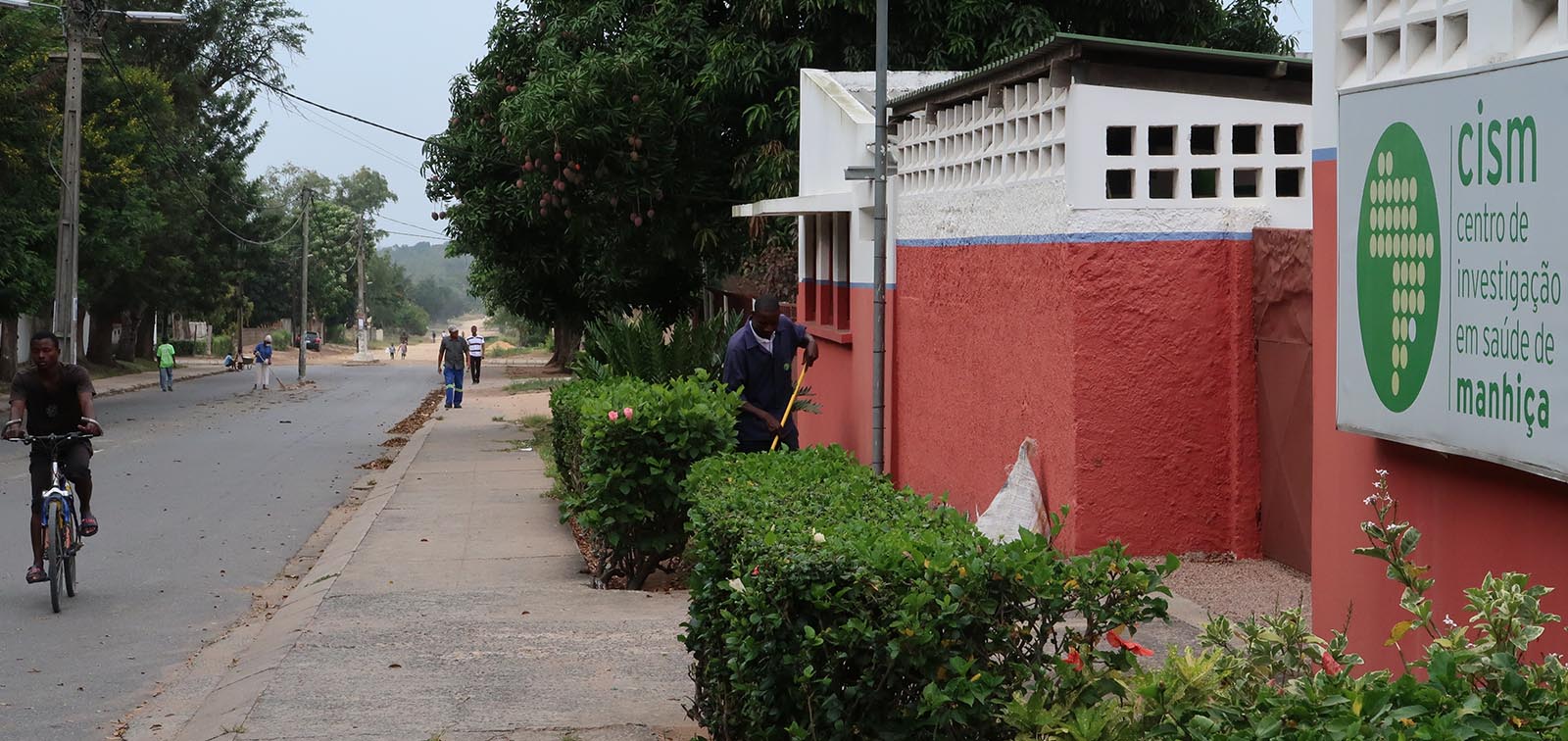ASINTMAL
Unravelling Disease Tolerance and Host Resistance in Afebrile 'P. falciparum' Infections: a Prospective Study in Mozambican Adults

- Duración
- 01/06/2020 - 31/05/2025
- Coordinador
- Centro de Investigaçao em Saúde de Manhiça (CISM)
- Financiadores
- National Institutes of Health (NIH)
Asymptomatic Plasmodium falciparum (Pf) infections debilitate the health of the affected population while representing a hidden source of parasite transmission that can compromise elimination efforts. The lack of consensus on the best strategy to deal with this asymptomatic reservoir is partly due to the poor knowledge on the biological mechanisms underlying these subclinical infections.
We hypothesize that these four main trajectories are driven by antibodies against Pf variant antigens, codified by the var gene family and expressed on the surface of infected erythrocytes, which would clear the infection unless the parasites develop immune evasion mechanisms, and by tolerance factors that minimize parasite-induced pathology and sustains host homeostasis.
With the overarching goal of identifying key biological factors sustaining afebrile malaria infections, this project will establish a cohort of afebrile Mozambican adults followed during one month to identify subjects who can reduce pathogen load and eventually clear the infection, those who maintain infections at high-density and afebrile levels (tolerant), and those who fail to establish disease tolerance and progress to fever.
We will quantify circulating and overall parasite biomass, and identify new infections during follow-up using next-generation sequencing. Clinical samples from individuals with low and high parasite densities will be used to test whether parasitological trajectories of afebrile Pf infections correlate with host antibody immunity against Pf and the transcription of Pf var genes. Cytometry by time of flight and global mass spectrometry will be applied to identify leukocyte populations and metabolic pathways involved in the regulation of inflammation, tissue damage and normoglycemia that support host-parasite relationships at afebrile levels.
The project will allow us to identify key molecular drivers of afebrile Pf infections for a better understanding of the relevance of these infections as well as for the development of new tools to achieve sterilizing immunity and enhance disease tolerance.
Total Funding
676,680 USD (awarded by NIH)
Otros proyectos
Ver proyectos pasadosNHEPACHA
Nuevas Herramientas para el Diagnóstico y la Evaluación del Paciente con Enfermedad de Chagas
Estudio inmunológico de la vacuna RTS,S
Estudio de correlatos de protección frente a la malaria después de la vacunación con RTS,S/AS01E: Una evaluación inmunológica exhaustiva en el ensayo clínico de Fase III, doble ciego, aleatorizado, multicéntrico con un grupo control
Euroleish.net
Control of Leishmaniasis. From bench to bedside and community
GREPIMER
Grup de recerca en patología importada i malaties emergents i re-emergents
TESEO
Nuevos regímenes de quimioterapia y biomarcadores para la enfermedad de Chagas
ADAM
Administración masiva y focal de fármacos antimaláricos para avanzar hacia la eliminación de la malaria en Mozambique: acelerando la implementación de programas y políticas
Science4Pandemics
Citizens engagement digital platform for collective intelligence in pandemics
HIDDENVIVAX
Novel organ-on-a-chip technology to study extracellular vesicles-mediated cryptic infections in Plasmodium vivax malaria
Subclinical Infections in Children and Long Term Health Effects
Infection acquisition in early life and health outcomes in childhood - MARATO TV3
Herramienta innovadora de detección de enfermedades y vacunación a población inmigrante en riesgo en España
Project Code: PI21/00651
Impacto de las coinfecciones en el balance de respuestas de anticuerpos y linfocitos T helper a antígenos diana de inmunidad natural y vacunal frente a patógenos humanos prominentes
Project Code: PI20/00866
EpiGen
Building Scalable Pathogen Genomic Epidemiology in Ethiopia
MalTransc
Transcriptional regulation of adaptation and developmental decisions in malaria parasites: from epigenetic variation to directed transcriptional responses
BOHEMIA
Broad One Health Endectocide-based Malaria Intervention in Africa
RESPONSE
Mechanisms of the transcriptional responses to changes in the environment in the malaria parasite Plasmodium falciparum
VivaxEVTalk
Extracellular Vesicles as Intercellular Communicators and Biomarkers of Cryptic Erythrocytic Infections in Plasmodium vivax malaria
VaMonoS
Unravelling the heterogoneity and function of monocytes in vaccination and immunity to malaria
CLIMSOCTRYPBOL
Insight on climate and social participatory research for integral management of vectorborne zoonosis caused by Trypanosoma cruzi and Leishmania spp. in the Bolivian Gran Chaco.
SexMal
Social affairs and sex in P. falciparum: implications for malaria elimination
MENA Migrant Health
Transforming data collection and surveillance to drive migrant health research, care and policy
MESA
La Alianza Científica para la Erradicación de la Malaria (MESA) tiene como objetivo avanzar en la ciencia de la erradicación de la malaria.
SMART
Identifying Severe Malaria with a new Aptamer-based Rapid diagnostic Test
GlycoTargets
Nuevas terapias antimaláricas dirigidas contra las vías de glicosilación de 'Plasmodium falciparum'
GenMoz
P. falciparum genomic intelligence in Mozambique





